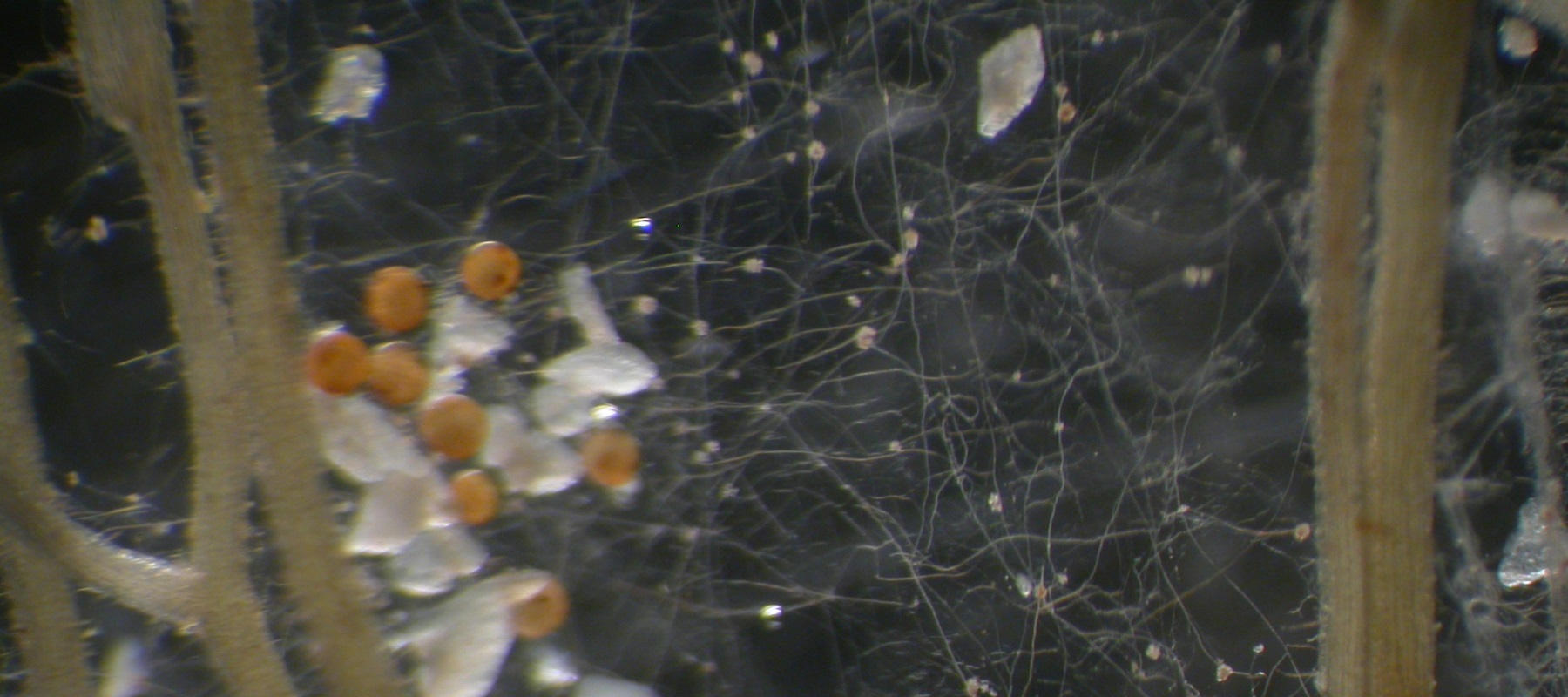
The soil microbiome is comprised of all microbes that reside in any soil; it is at once delicate and robust, while essential to all life, yet easily perturbed by external influences.
It is the diversity of the soil microbiome that sustains terrestrial ecosystems, including agricultural ecosystems, and it has a direct impact on both human health and global climate stability.
The diversity of the soil microbiome is greater than that of any other microbiome.
Perturbations of the soil microbiome, such as and including from agriculture, mining, exposure to toxic wastes and population growth, compromise soil health, such that humanity is threatened at the rate at which we are losing the diversity of the soil microbiome.
Pesticides, fertilizers, tillage practices, loss of organic matter and soil habitat modifications are major threats to soil microbiome biodiversity, and once compromised, recovery is slow.
Farming practices accelerate rates of erosion, compromising soil productivity, with soils being lost at rates far greater than their recovery.
Industrial agricultural practices have greatly altered soil carbon balances, resulting in destruction of our single largest reservoir of carbon, which must be restored.
When combined with coincident warming of other biomes, the accumulation of atmospheric greenhouse gasses, and the associated influences on climate change, are accelerated and exacerbated.